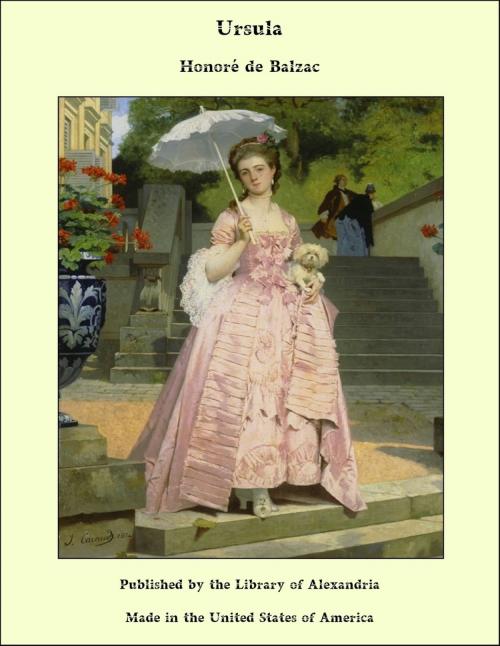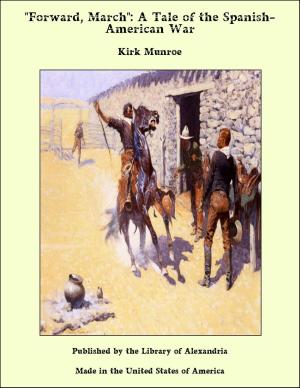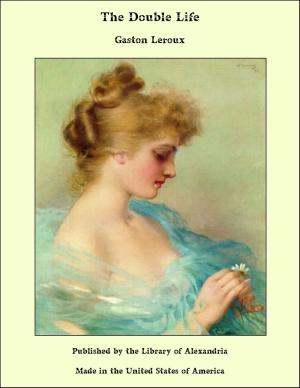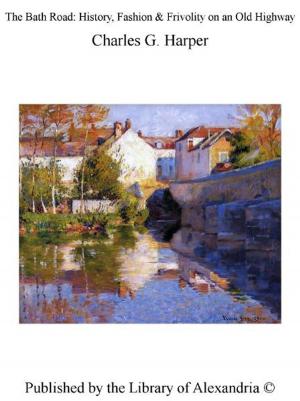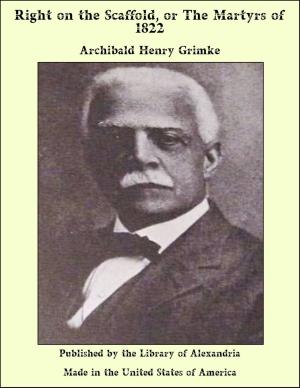| Author: | Honore de Balzac | ISBN: | 9781613100615 |
| Publisher: | Library of Alexandria | Publication: | March 8, 2015 |
| Imprint: | Language: | English |
| Author: | Honore de Balzac |
| ISBN: | 9781613100615 |
| Publisher: | Library of Alexandria |
| Publication: | March 8, 2015 |
| Imprint: | |
| Language: | English |
Entering Nemours by the road to Paris, we cross the canal du Loing, the steep banks of which serve the double purpose of ramparts to the fields and of picturesque promenades for the inhabitants of that pretty little town. Since 1830 several houses had unfortunately been built on the farther side of the bridge. If this sort of suburb increases, the place will lose its present aspect of graceful originality. In 1829, however, both sides of the road were clear, and the master of the post route, a tall, stout man about sixty years of age, sitting one fine autumn morning at the highest part of the bridge, could take in at a glance the whole of what is called in his business a "ruban de queue." The month of September was displaying its treasures; the atmosphere glowed above the grass and the pebbles; no cloud dimmed the blue of the sky, the purity of which in all parts, even close to the horizon, showed the extreme rarefaction of the air. So Minoret-Levrault (for that was the post master's name) was obliged to shade his eyes with one hand to keep them from being dazzled. With the air of a man who was tired of waiting, he looked first to the charming meadows which lay to the right of the road where the aftermath was springing up, then to the hill-slopes covered with copses which extend, on the left, from Nemours to Bouron. He could hear in the valley of the Loing, where the sounds on the road were echoed back from the hills, the trot of his own horses and the crack of his postilion's whip.
Entering Nemours by the road to Paris, we cross the canal du Loing, the steep banks of which serve the double purpose of ramparts to the fields and of picturesque promenades for the inhabitants of that pretty little town. Since 1830 several houses had unfortunately been built on the farther side of the bridge. If this sort of suburb increases, the place will lose its present aspect of graceful originality. In 1829, however, both sides of the road were clear, and the master of the post route, a tall, stout man about sixty years of age, sitting one fine autumn morning at the highest part of the bridge, could take in at a glance the whole of what is called in his business a "ruban de queue." The month of September was displaying its treasures; the atmosphere glowed above the grass and the pebbles; no cloud dimmed the blue of the sky, the purity of which in all parts, even close to the horizon, showed the extreme rarefaction of the air. So Minoret-Levrault (for that was the post master's name) was obliged to shade his eyes with one hand to keep them from being dazzled. With the air of a man who was tired of waiting, he looked first to the charming meadows which lay to the right of the road where the aftermath was springing up, then to the hill-slopes covered with copses which extend, on the left, from Nemours to Bouron. He could hear in the valley of the Loing, where the sounds on the road were echoed back from the hills, the trot of his own horses and the crack of his postilion's whip.
